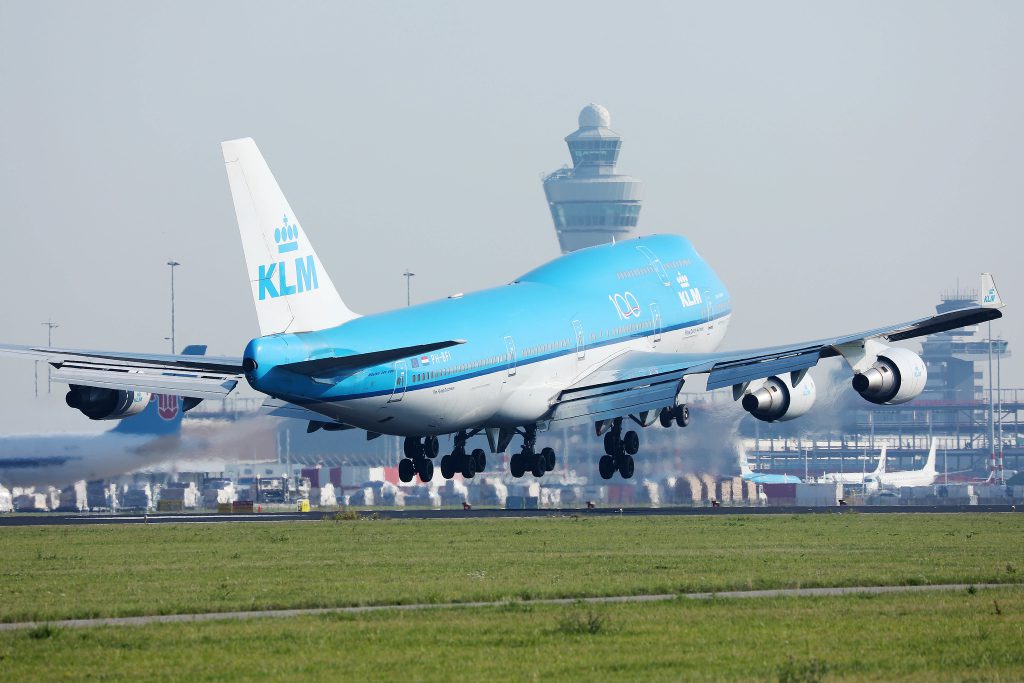The 2024 State of the Climate report issued yet another unambiguous warning: “We are on the brink of an irreversible climate disaster. This is a global emergency beyond any doubt. Much of the very fabric of life on Earth is imperiled. We are stepping into a critical and unpredictable new phase of the climate crisis.”
If we wish to uphold to our end of the Paris agreement to reduce emissions by 2030, more actions are necessary. And we urge students to take responsibility. First, students are the group that has the largest potential impact to tackle the climate crisis. Students have a long life ahead of them to further pollute the planet, or to refrain from doing that. Second, because young people are the ones standing to suffer most from the consequences of climate change; it is in their own interest to contribute.
Of the numerous individual steps that can reduce climate impact such as reducing meat consumption and buying less clothes, flight reduction is the most beneficial. Not taking a one-way transatlantic flight saves 1.6 tCO2e per year, while for instance switching to a plant-based diet for an entire year only saves 0.8 tCO2e. How great would it be if all students would abstain from flying altogether? It would save thousands of tons of CO2 pollution, as well as send a powerful message to society at large to finally stop business as usual.
It would be unfair to put that responsibility squarely on the individual student. We therefore propose that all international student exchange programs and student travel grants stop covering flight costs and make overseas exchanges for students no longer eligible for financial reimbursement. The money saved can be used to fuel the way to a planet-proof university by supporting sustainable initiatives such as the campus’ energy transition and veganizing the university restaurant. Obviously, not all flying done by students is study-related. We thus urge students to embrace their responsibility and implore them to also stop taking leisure flights as well.
Why focus solely on students? First, it is a simple numbers game; at VU we have seven times as many students as employees. Second, employees are generally older people who are reluctant to change and care less for climate-related issues. They stand less to gain from flight reduction, among others because they have built important professional networks that are impossible to maintain without international travel. Students are yet to establish those networks and therefore lose nothing.
Reducing emissions from flying is not only a matter of policy, but a matter of ethics and virtue. At the VU we can and should expect our students to do the right thing. We are proud of our broader mind, and responsibility for society is at the core of the VU mission. Only through student-led, collective action can we mitigate the worst effects of climate change. It is time for us at the VU to step up our commitment to the Paris agreement by implementing bold, transformative university policies that aid our students to make a difference.

This piece is truly shameful. In essence, privileged professors are urging students not to explore distant cultures that are not accessible by train or boat. This is such a narrow-minded perspective that I can’t believe AdValvas gives a platform to such absurd ideas.
This is not to say that climate change isn’t a serious issue—there are more sensible solutions. For instance, the VU could cover the costs of carbon offset programs offered by airlines, making these flights carbon-neutral.
Once again, this piece is shameful, and stupid.